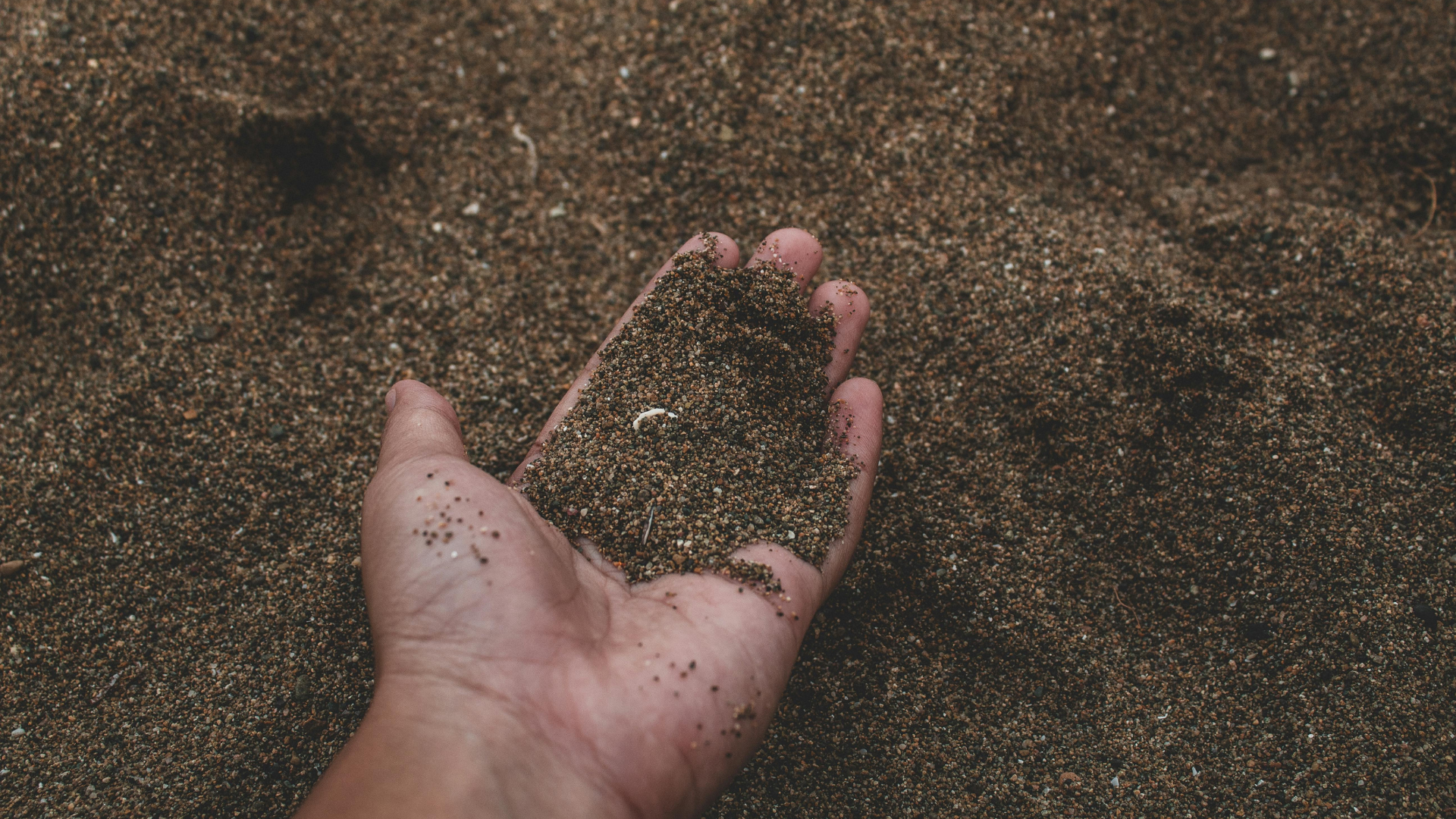sustainable alternative
When was the last time you replaced batteries? Or had to recharge a battery? The use of batteries seems unthinkable in our society. Not only does everyone use batteries in everyday life, but they are also often used in agriculture, for example, in sensors used in farming. The substances in these batteries are polluting and can end up in the soil. That's why researchers sought a more sustainable alternative.
Microbes as power pioneers
They found this alternative in microbes. There is an enormous amount of life in the soil; a teaspoon of soil contains more microbes than there are people on Earth. By exploiting the fact that some of these microbes can perform parts of electrical reactions, researchers set up a fuel cell in the soil. Electricity is, simplified, a flow of electrons. These electrons move from something that releases them (the donor) and then go to another location where something can capture them (the acceptor). Some microbes can act as electron donors, while others can work as acceptors.
Sustainability without pollution
There are many more advantages to using microbes. The research showed that they can produce much more power than the sensors need. Additionally, they are resistant to water. These microbes also live everywhere in the soil, and there is no need to use substances like lithium, heavy metals, or other toxic materials. Especially since billions of these devices can be used to monitor agriculture, it's crucial that they do not pollute the soil.
Towards the future!
Although your washing machine cannot currently be connected to such a fuel cell, it is a fascinating development. At the moment, tiny amounts of energy can be generated for low-power applications. Just thinking about the billions of sensors used in agriculture alone could save a lot of batteries.
Author: Eline van Bloois

